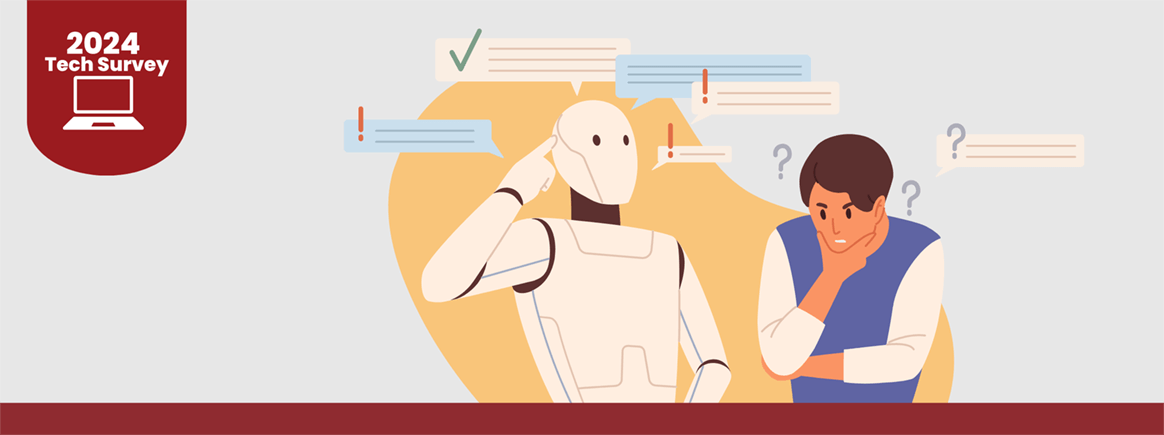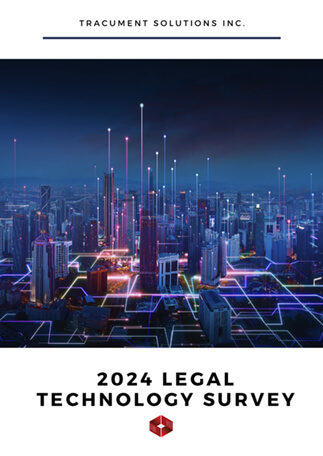
Will AI Take Over Legal?
The rise of Artificial Intelligence (AI) has sparked both curiosity and concern among legal professionals. The question on many minds is: should professionals in the legal industry be worried about AI taking their jobs? Joining us for this discussion is none other than ChatGPT.
It's understandable to have concerns about job displacement due to AI, especially in industries like law where technology is advancing rapidly. Here's a balanced perspective and some advice:
Understanding the Situation
-
Current Impact:
AI is already being used in legal research, document review, contract analysis, and other routine tasks. This can potentially reduce the need for junior lawyers or paralegals in certain roles.
-
Complex Tasks:
However, tasks requiring complex legal reasoning, client interaction, strategic planning, and advocacy are less susceptible to automation in the near term.
Advice
-
Skill Diversification:
Broaden your skill set beyond routine legal tasks. Focus on skills that complement AI, such as strategic thinking, emotional intelligence, negotiation, and complex problem-solving. These are areas where human lawyers excel and are less likely to be replaced by AI.
-
Embrace Technology:
Familiarize yourself with AI tools used in the legal field. Being tech-savvy can make you more valuable as it allows you to leverage AI for efficiency and accuracy in your work.
-
Continuous Learning:
Stay updated with industry trends and advancements in AI. Continuing education in emerging technologies and their legal implications can help you stay ahead.
-
Client Relationships:
Invest in building strong client relationships and understanding their unique needs. Personalized legal advice and empathy are areas where human lawyers have a distinct advantage over AI.
-
Adaptability:
Be prepared to adapt to changes in the industry. This might involve shifting to different practice areas or adopting new roles within legal tech companies.
-
Ethical Considerations:
As AI becomes more integrated into legal practice, consider the ethical implications of its use, such as data privacy and algorithmic bias. Being proactive in addressing these issues can set you apart.
Conclusion
While there are legitimate concerns about job displacement due to AI in the legal industry, there are also significant opportunities for those who adapt and embrace technology. By focusing on developing unique skills that complement AI capabilities and staying informed about technological advancements, you can position yourself well for the future of legal practice in Canada.
You may also like
Happy Holidays Message from David Swadden, CEO
December 18, 2025
We would like to wish all our clients and readers a wonderful holiday season filled with joy and laughter.
Tracument Holiday Schedule
December 11, 2025
We would like to update all our clients of our Holiday Schedule this holiday season!
Tracument Wrapped!
December 4, 2025
What 2025 Looked like for Tracument and for you!




